 The development of the livestock industry has been increasing the amount of waste, creating pressure on the environment. In this reality, the reuse of livestock waste is considered an important solution not only to solve the problem of environmental pollution but also to create economic value, promoting sustainable livestock farming.
The development of the livestock industry has been increasing the amount of waste, creating pressure on the environment. In this reality, the reuse of livestock waste is considered an important solution not only to solve the problem of environmental pollution but also to create economic value, promoting sustainable livestock farming.
It is estimated that the total income from livestock waste of Vinh Thinh commune in 2023 will reach 5 - 7 billion VND. Photo: The Hung
Effective methods in Vinh Thinh commune
As a key commune for dairy farming in the province, Vinh Thinh commune (Vinh Tuong) currently has more than 13 thousand cows, including 10 thousand dairy cows. According to preliminary calculations, the amount of solid waste from livestock farming activities in the commune has now exceeded 250 tons/day. However, instead of being discharged indiscriminately into the environment as many years ago, in Vinh Thinh today, livestock waste has become a valuable source of raw materials, purchased in large quantities.
Mr. Nguyen Van Tuan, a dairy farmer in Khach Nhi Xuoi village, Vinh Thinh commune, shared: “Previously, we only kept a part of the livestock waste to use as fertilizer for elephant grass, the rest was thrown away, so the environmental pollution in the commune became increasingly serious.
In recent years, livestock waste has been purchased at a price of 30-35 thousand VND/25 kg bag, so all solid waste generated in livestock farming is kept by the family for sale. In addition to the income from cow's milk, with a scale of raising 16 cows, each month the family has an additional income of 6-7 million VND from selling livestock waste."
In recent years, due to the increasing demand for organic fertilizers, in addition to Anh Dang Environmental and Production and Service Cooperative, many households in Vinh Thinh commune have purchased livestock waste for treatment with microbiological products, supplying to farms and gardens in and outside the province. The total income from livestock waste of Vinh Thinh commune in 2023 is expected to reach 5-7 billion VND.
Mr. Nguyen Trung Lam, Chairman of the Farmers' Association of Vinh Thinh Commune, shared: "Not only does it help households have an additional source of income and improve economic efficiency, the collection and treatment of livestock waste to serve agricultural production also helps the locality reduce environmental pollution, contributing to the sustainable development of livestock farming."
To not waste resources
The story of reusing livestock waste in Vinh Thinh commune is a concrete proof that livestock waste can completely become raw materials, fuels and environmentally friendly products if there are good treatment and utilization methods.
In fact, in the province today, many units have boldly invested in machinery and technology to produce organic fertilizer from livestock waste, bringing high economic value such as Anh Dang Environmental and Production and Service Cooperative, Vinh Thinh Commune (Vinh Tuong); Thanh Van Organic Agriculture Cooperative, Tai Yen Cooperative (Tam Duong) ...
Along with the initiative of households, cooperatives, and enterprises, in recent years, the province has paid much attention to the treatment of livestock waste, limiting environmental pollution through supporting the installation of biogas pits, converting livestock waste into gas; supporting preparations for biological bedding in livestock farming...
Most recently, on October 30, 2023, the Provincial People's Committee issued a Plan to support environmental pollution reduction in livestock farming using biological products in the province for the period 2024 - 2025.
Accordingly, it is expected to support nearly 20 billion VND from the State budget to support biological products as biological bedding for chicken farming, beef cattle farming, and breeding cattle; support biological products in waste treatment in pig farming and dairy farming.
This not only contributes to reducing environmental pollution in livestock farming, but waste treated with biological products can also be used to produce microbial fertilizers with high nutritional value that are easily absorbed by plants, helping people improve productivity, quality and economic efficiency, creating products that ensure food safety.
As livestock farming develops, the amount of waste generated is also increasing. More than ever, reusing livestock waste is an urgent task to avoid wasting waste resources, increase revenue, especially protect the environment and aim to build a circular, sustainable agriculture.
Nguyen Huong
Source








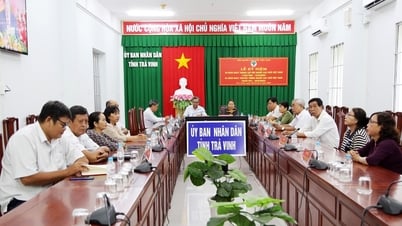
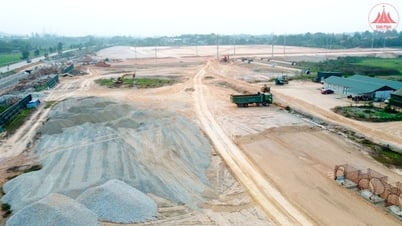


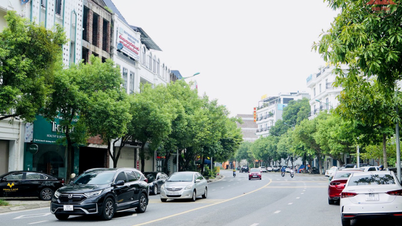

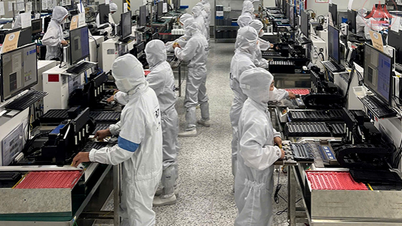







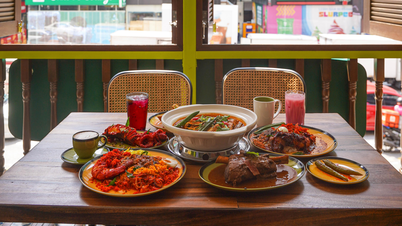

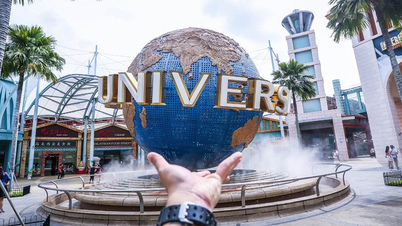











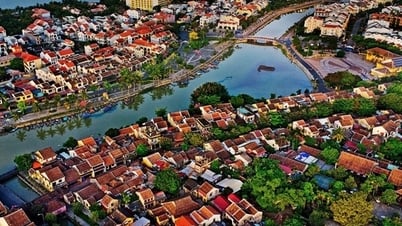


























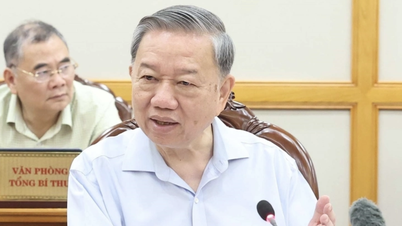




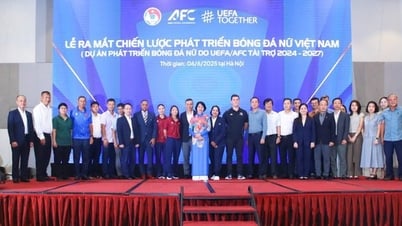
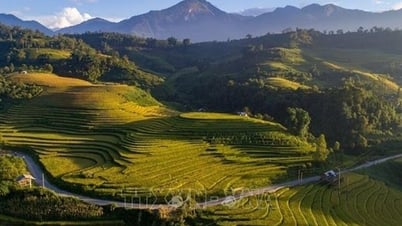
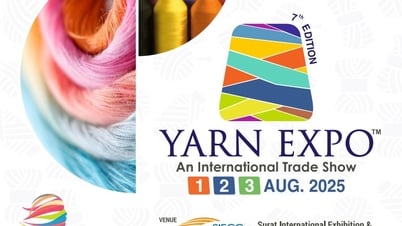

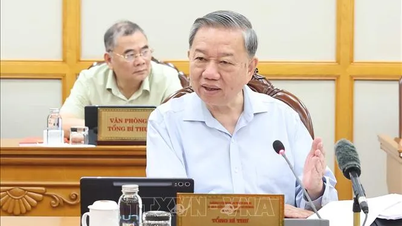



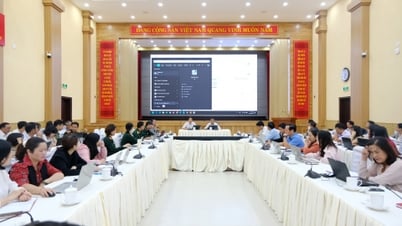

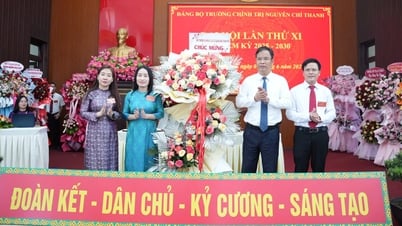

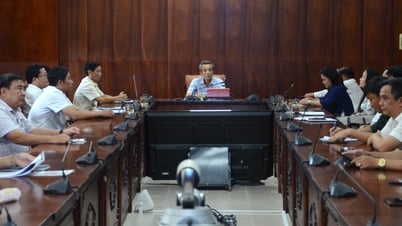
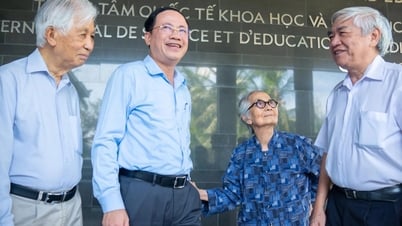




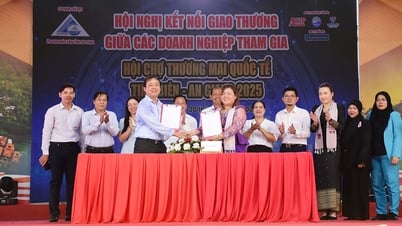

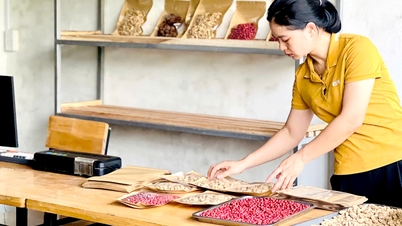



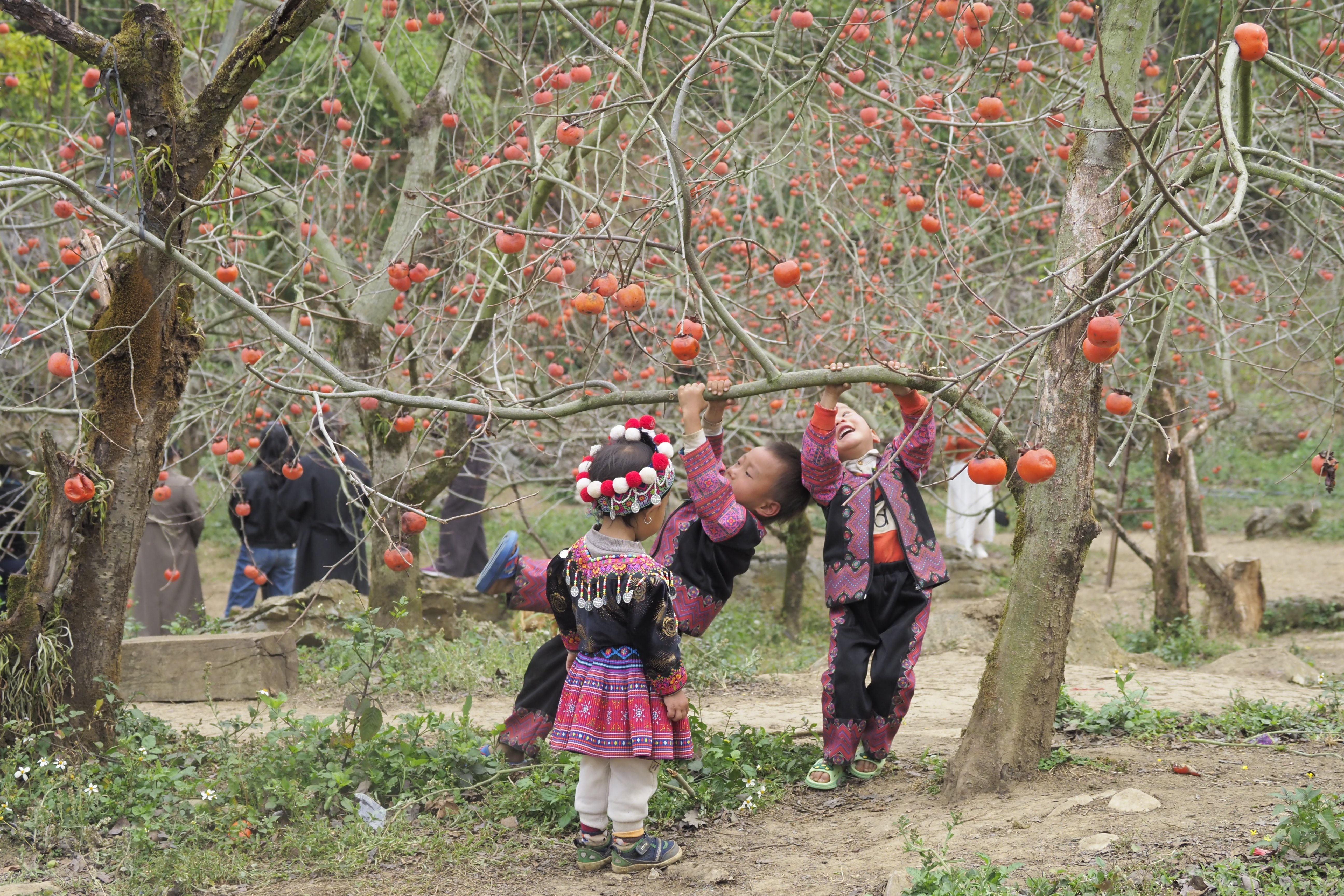
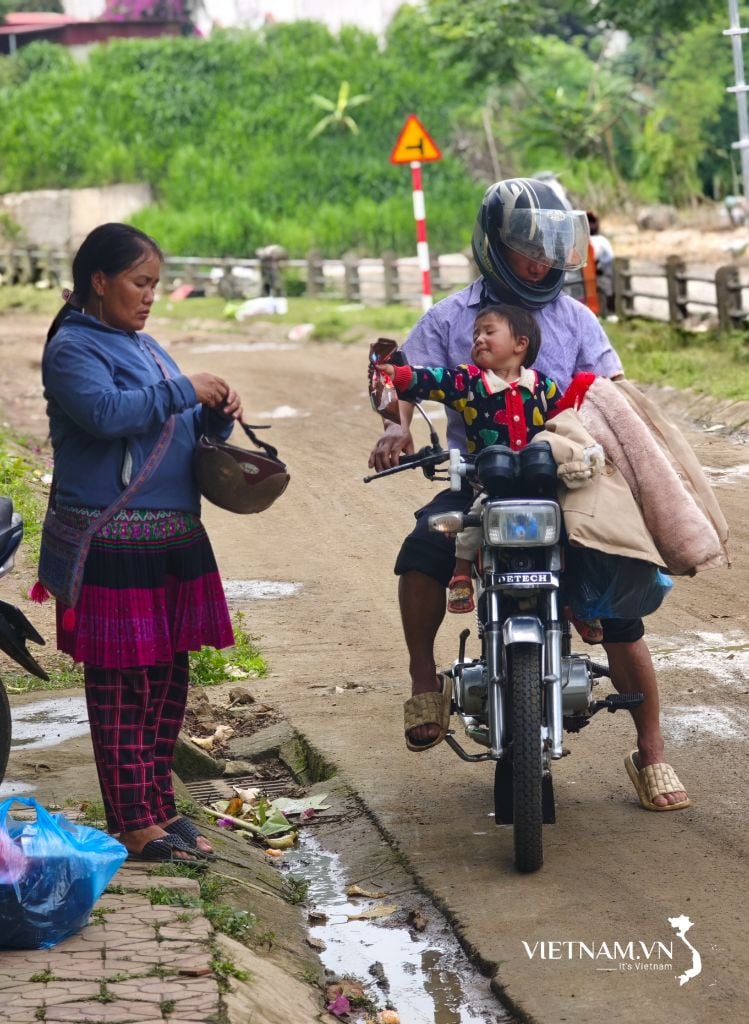
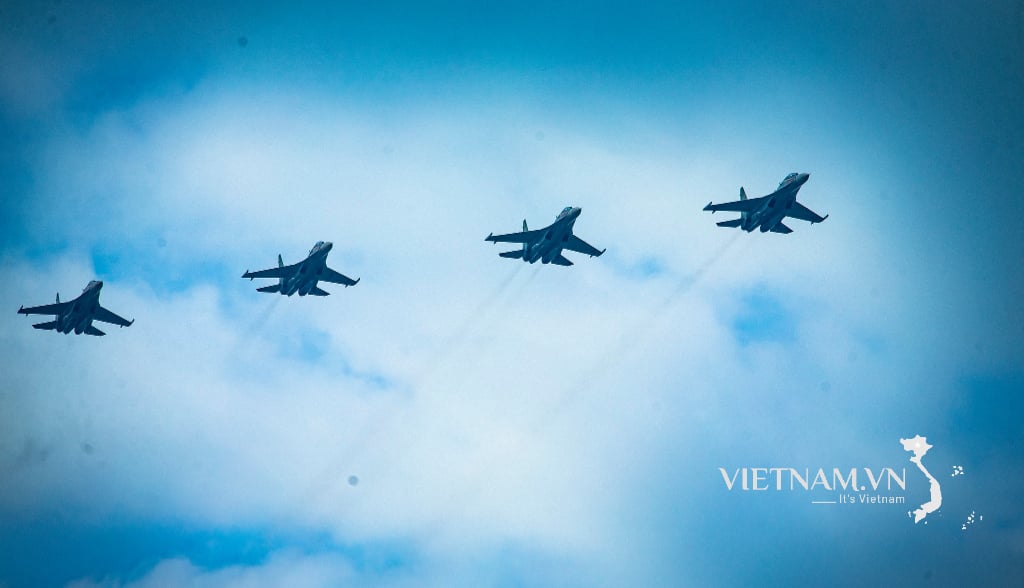
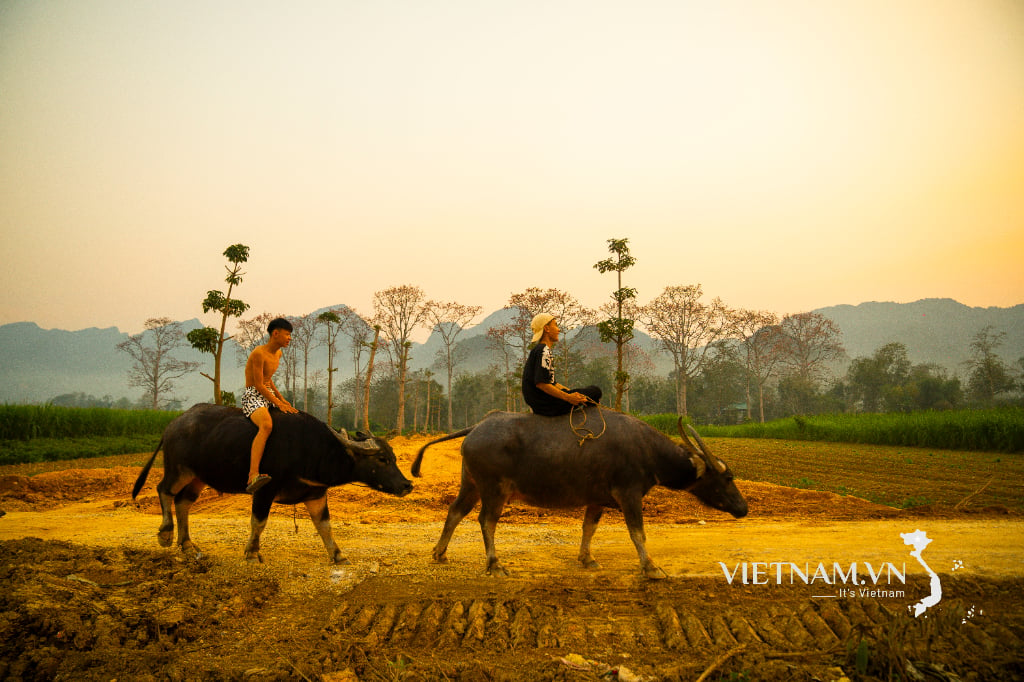
Comment (0)